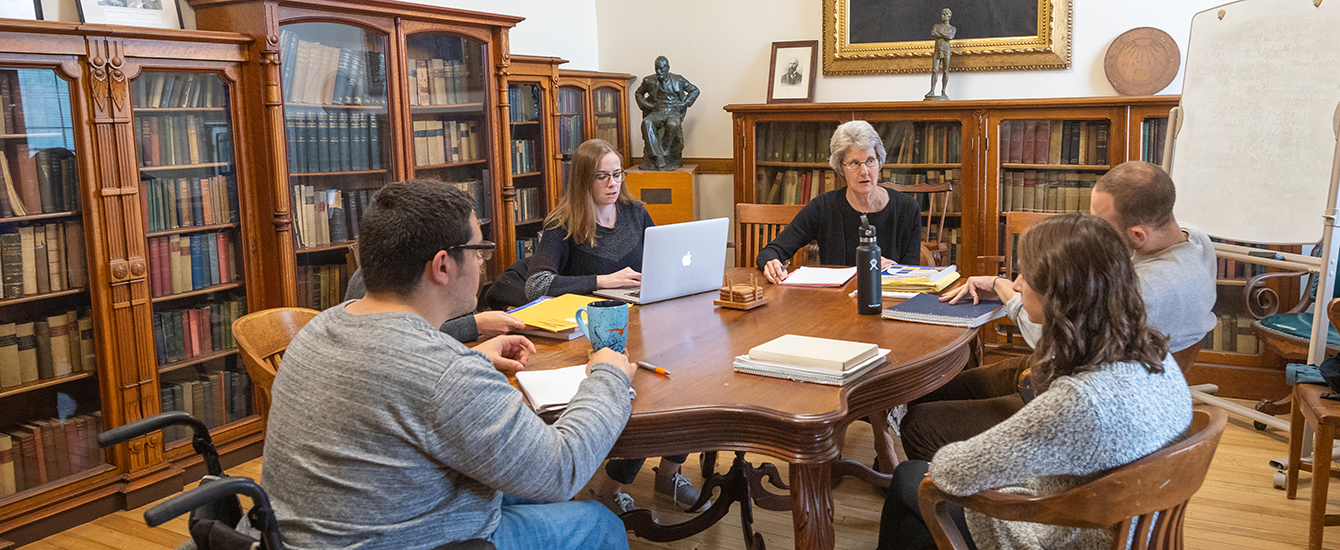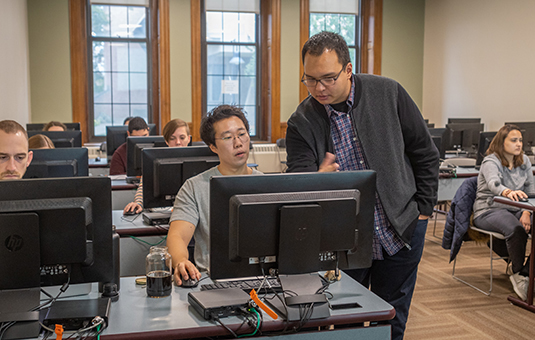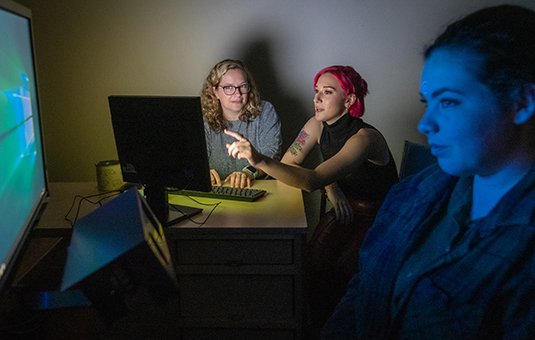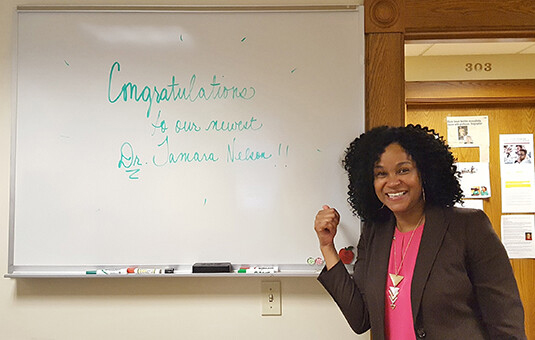Join a department with a distinguished history in the world of psychology.
G. Stanley Hall, the first president of Clark University, founded the American Psychological Association at Clark in 1892, and established “adolescence” as a stage of human development. Professor Edmund Sanford was the first to use mazes to study rat behavior. Child development pioneer Arnold Lucius Green studied twins and was first to use film to observe children’s behavior. And in 1920, Francis Cecil Sumner, the “father of black psychology,” was the first African-American in the U.S. to earn a doctorate in psychology.
Graduate students in the Frances L. Hiatt School of Psychology follow in the groundbreaking footsteps of Hall, Sanford, Green, and Sumner by exploring a variety of theoretical approaches and participating in ongoing research programs in the intimate atmosphere of our small research university. We are committed to the idea of the unity of psychology and strive, theoretically and through empirical research, to understand human development within a socio-cultural context. Although various sub-specialties and methodological approaches are represented in the department — Clinical Psychology, Developmental Psychology, and Social Psychology — we respect different approaches and find ways to integrate them.
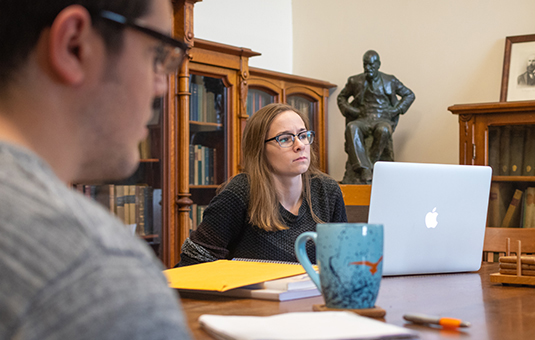
Ph.D. in Clinical Psychology
Our APA-accredited clinical psychology program educates students in the scientist-practitioner tradition. Our goal is to provide students with experiences that will make them comfortable and proficient with theory, empirical work, and clinical practice.
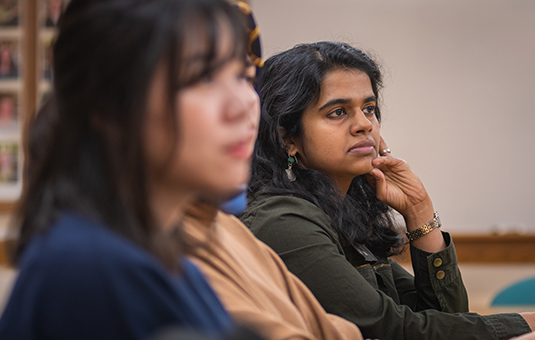
Ph.D. in Developmental Psychology
Our program focuses on the development of psychological processes in societal and cultural contexts. With faculty expertise across the lifespan, faculty and students unite to study the links between intra-individual and inter-individual change over time.
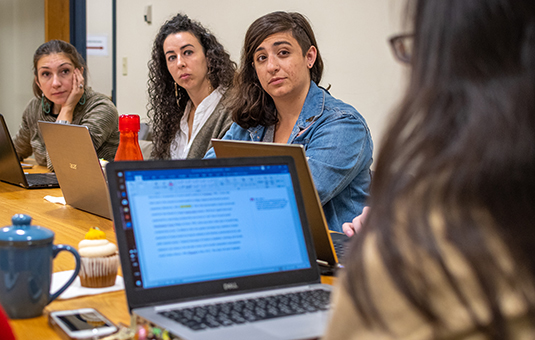
Ph.D. in Social Psychology
Our social psychology doctoral program focuses on basic social psychological processes that underlie pressing social and political issues. We also examine the interaction of individual differences and social structures surrounding political attitudes, behavior, and health.

